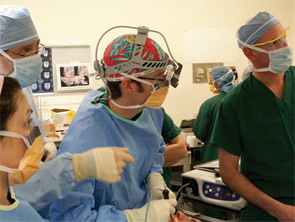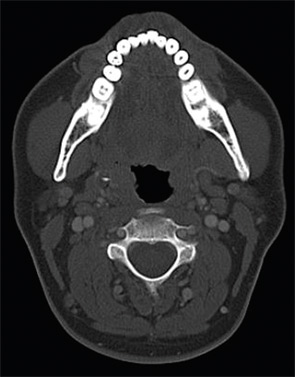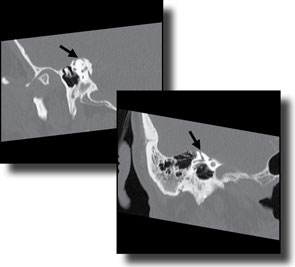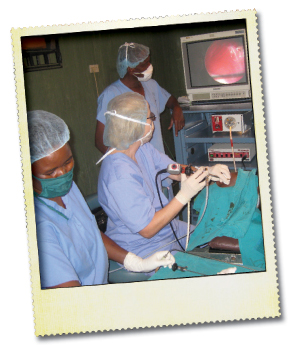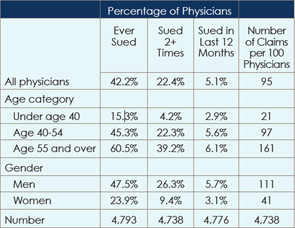Physicians who join a medical practice often have the opportunity to purchase an equity interest in the practice after some period of employment with the group, an issue that is usually addressed in the physician’s employment agreement. If you think you may be interested in such a partnership, you should carefully review your employment agreement before signing it. The amount of detail in the employment agreement regarding potential ownership will vary depending on the practice and the negotiating power of the individual physician. Clearly, the more specificity found in the contract, the better you will be served.


